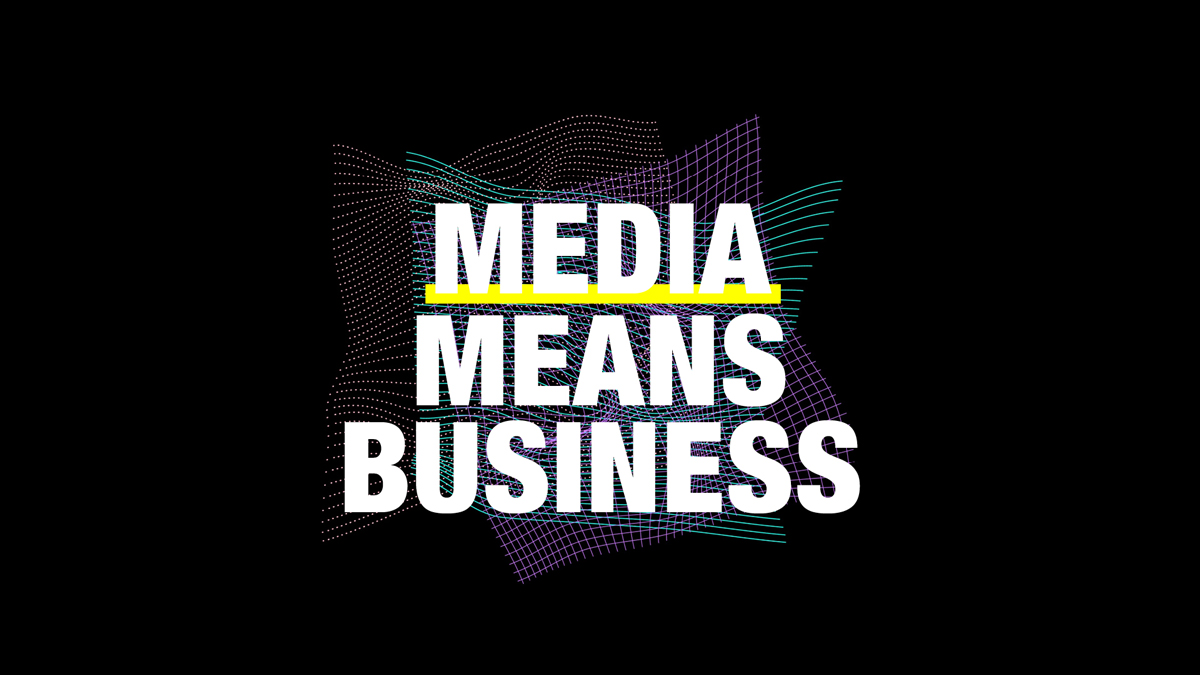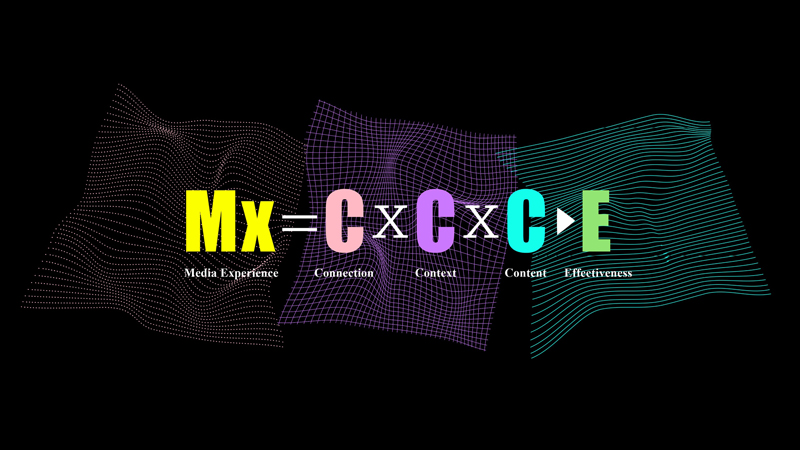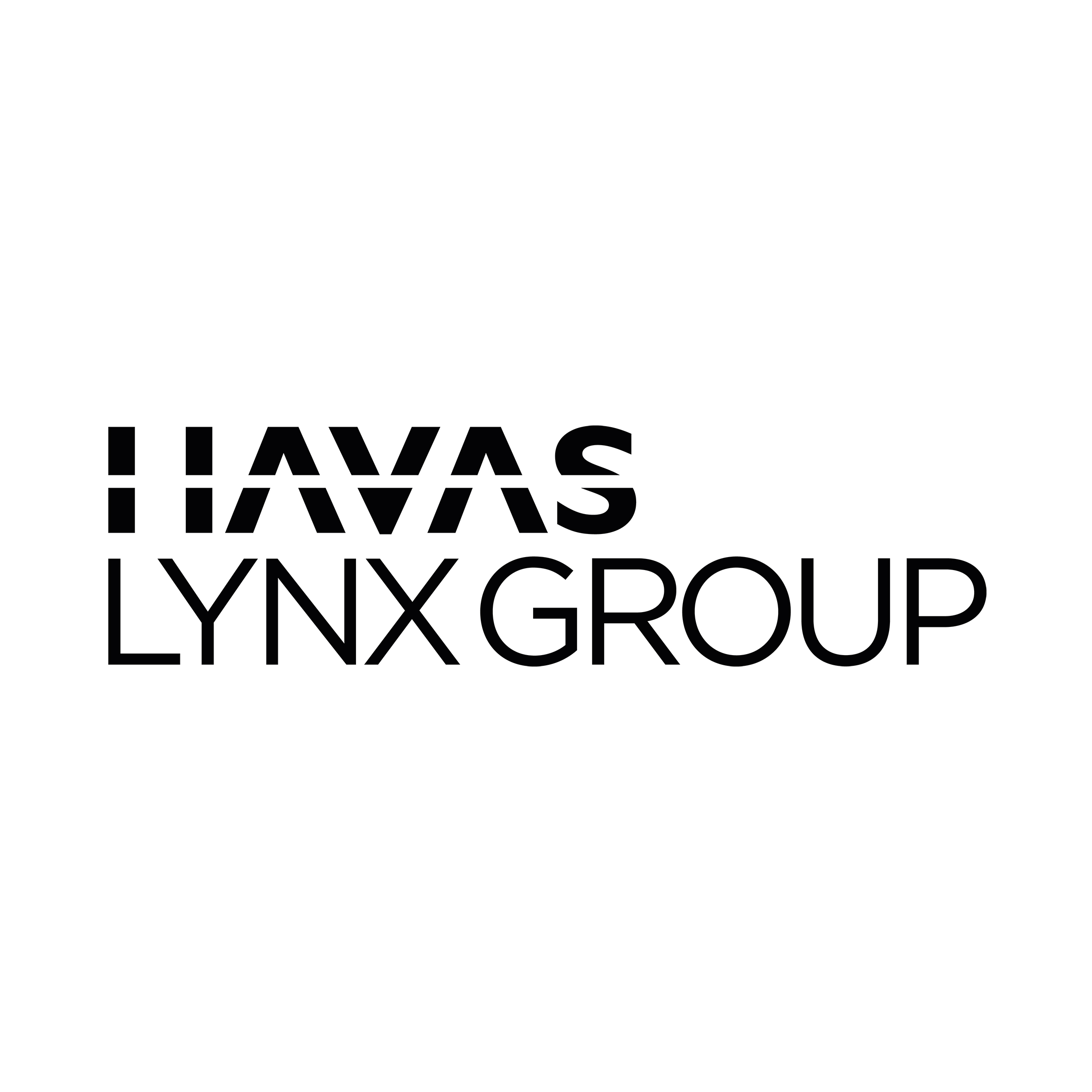Media means business

COVID-19 has left us more reliant on media than ever – both the pharma industry and society as a whole. Havas Lynx Group’s 2020 white paper provides a blueprint for pharma brands to inject meaning into their media.
Like so many others, the job of the pharma sales rep has been dramatically affected by the outbreak of COVID-19. A role built on interpersonal relations had its foremost tool – face-to-face meetings – rendered impossible in an instant. Sales forces have been admirably quick to adapt, but the situation accentuates an issue that many in the industry will already be aware of. A sales force cannot do it all – a successful pharma brand needs a clear purpose, strategy, central creative idea, and an effective media plan. The latter is the subject of our 2020 white paper, Media Means Business.
What do we mean by ‘media’?
‘Media’ is a very broad term and is applied differently from industry to industry. For the pharmaceutical marketing industry, it is the management of every channel and opportunity with which we deliver our marketing. From telephone calls to tweets, real-time programmatic display advertising to the ever-important representative. Getting media to work for you means getting it all to work together.
And what does media mean to us?
Looking at the bigger, societal picture for a moment, media is woven into the very fabric of our daily lives, no more so than in these recent and unprecedented times. Whatever you do and wherever you are, we’ve come to rely on it. This is as true for healthcare professionals as anybody else. When a doctor is explaining a treatment programme with a patient, or video-conferencing their wider team to discuss new protocols, or even just catching up on the news whilst grabbing a coffee, they’re constantly in touch with a myriad of channels. This means that media offers a huge opportunity for pharma to connect with healthcare professionals (HCPs).
Preconceptions about the cost, effectiveness and safety of media investment have held back many in pharma from seriously exploring the potential of media. In this white paper, we will look to dispel these preconceptions and provide a roadmap to developing an effective media strategy that builds a meaningful connection with HCPs.

Meaningful media experiences are made:
By connecting with the right people
This means establishing who your key targets are and really getting under the skin of the HCPs within this audience, white coats on, white coats off; from their motivations and pressures in their job, to whether they unwind by running marathons or marathoning Netflix series. Our digital lifestyles offer a bounty of insight into understanding who our audience are, how they spend their time, and what makes them tick.
In the contexts they spend their time
Pharma tends to lean on owned channels such as brand websites. However, by combining traditional staples with shared, earned, and paid media can reach audiences. From shaping the tone and timing of campaigns to reflect the national mood to placing patient information about overactive bladder on the back of public lavatory doors, where and when a campaign is seen has a huge influence on how and if it’s received.
With content that drives impact
We live in a world of content overload. The average person sees up to 3,000 advertising messages every day. So how do you stand out? In developing content, brands need to go beyond selling the product and explore how they can tangibly improve people’s lives, collectively and individually.
Giving you campaigns that deliver great effect
If a campaign does all of the above, it will position a brand as trusting, engaging and influential, and deliver measurable performance. And measurement is crucial. Outcomes from specific marketing strategies need to be assessed in order to join the dots between tactical performance and business performance.
Download the Media Means Business white paper today at https://www.havaslynx.com/thought-leadership/media-means-business/.
About the author
 Sarah Price is the director of media and performance at Havas Lynx Group, heading up the company’s specialist media department, AMP.
Sarah Price is the director of media and performance at Havas Lynx Group, heading up the company’s specialist media department, AMP.











